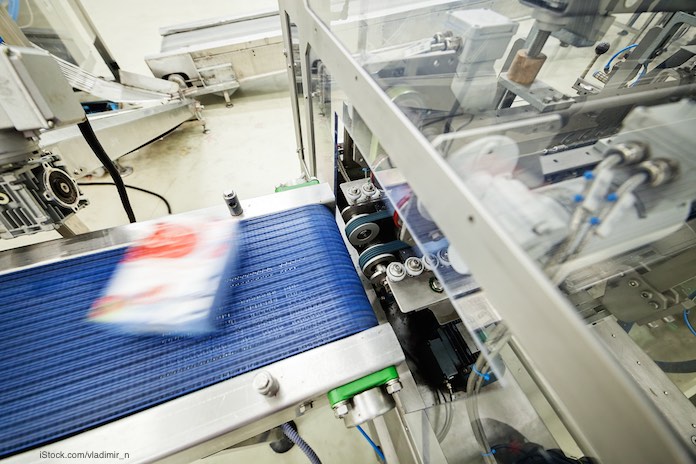A warning letter sent to the North Atlantic Whole Foods Market Kitchen in June 2016 listed problems at that facility that included the presence of non-pathogenic Listeria bacteria. Whole Foods has just announced it is closing some of its food distribution kitchens on the East coast.

The warning letter detailed 20 “serious violations of the FDA’s Current Good Manufacturing Practice regulations for manufacturing, packing, or holding human food.” These violations included employees mixing ready to eat pesto directly under an area where condensate from ceiling joints was dripping onto the surface below; cutting chives and beets under a leaking condensate drainage pipe, and holding uncovered ready to eat egg salad in barrels placed below a condenser that was dripping.
In addition, ready to eat vegetables and utensils were held in close proximity to a hand washing station that did not have splash guards. Employees were observed washing their hands while water splashed onto the vegetables. Employees were observed handling food without hand washing or changing gloves in between tasks.
Environmental samples collected at that facility confirmed the presence of non-pathogenic Listeria welshimeri. The presence of that bacteria is an indicator for the probable presence of Listeria monocytogenes in the processing environment. That means conditions existed in the facility that would support the presence of growth of Listeria monocytogenes and that cleaning and sanitation practices may not have been adequate.
The firm did not sanitize and thoroughly dry food contact surfaces as required by law. And the sanitizer strength in dip tanks used for soaking sheet pans was not adequate for sanitizing food contact surfaces.
The facility did not take proper precautions to protect food and food contact surfaces from contamination with filth, chemicals, and extraneous materials. Soiled dishes were not kept separate from ready to eat products. Raw chicken and turkey were touching portable divider curtains that separated areas between the dishwashing room and the room where ready to eat products were assembled. And the facility also did not maintain a suitable temperature for hand-washing facilities, and did not identify toxic sanitizing agents to protect against contamination of food.
The letter acknowledges receipt of a March 17, 2016 response from Whole Foods, stating that the company takes these observations seriously. The warning letter states in response, “despite this, FDA has serious concerns that our investigators found your firm operating under these conditions. We do not consider your response acceptable because you failed to provide documentation for our review which demonstrates that all your noted corrective actions have been effectively implemented.”




